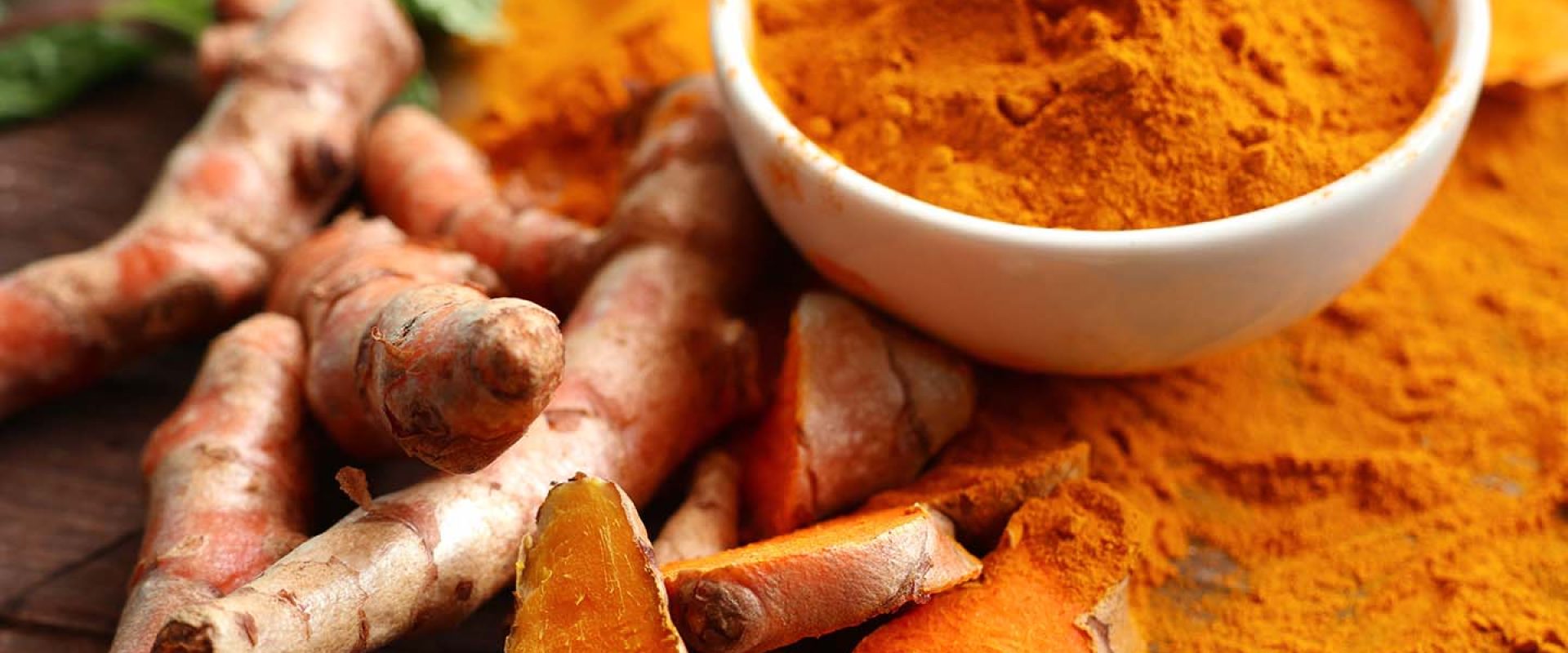

If you have joint pain, any inflammation or a heart condition you may have heard of Turmeric but what are the benefits? Jo Lewin – Registered Nutritionist reported what the top 5 benefits of Turmeric could be on the BBC Goodfood website. Here’s what she had to say:
What is turmeric?
Responsible for giving curry its characteristic yellow colour and a member of the ginger family, turmeric (curcuma longa) influences the taste, colour and nature of the food its combined with. Famed for its health benefits, especially its anti-inflammatory properties, it’s a spice which has received a lot of press coverage. Extensively cultivated in the tropics, turmeric is the root of a flowering plant.
Nutritional benefits of turmeric
One tablespoon of ground turmeric powder contains approximately:
- 29 kcal/123 KJ
- 9g protein
- 4g carbohydrates
- 1g fibre
- 3g fat
- 196mg potassium
- 7mg iron
What are the 5 top health benefits of turmeric?
1. Contains bioactive compounds which have protective properties
Colourful plant foods are good for our health because of their plant pigments, and turmeric is no exception. Much of the publicity surrounding the spice is thanks to the main active component curcumin, which makes up about 3 per cent of the root by weight. Although an impressive constituent, it’s worth remembering that curcumin is one of hundreds of bio-active compounds for which turmeric is famed.
The value of these protective compounds is that they help the body combat the damaging effect of a process called oxidation. Over time, this process may lead to chronic inflammation and, as a result, lead to age-related conditions including heart disease, type 2 diabetes and cancer. Including protective foods in the diet means our bodies are better placed to cope with ageing and the inflammation associated with it, as well as with exercise-induced inflammation and muscle soreness.
2. May help ease arthritis
The potential health benefits of turmeric, and curcumin in particular, include better regulation of inflammation in the body. Studies comparing the anti-inflammatory properties of turmeric against those of non-steroidal anti-inflammatory drugs (NSAIDS) have shown great promise. Moreover, animal studies exploring curcumin’s therapeutic potential as a treatment for arthritis have been encouraging. That said, we need more well-designed clinical trials to determine the efficacy of curcumin for arthritis patients, especially for those who rely on NSAIDS for the management of these conditions.
3. May support cognitive function
Another active ingredient in turmeric is turmerone. Although less is known about turmerone, studies suggest it may be useful for conditions such as stroke and Alzheimer’s disease because it helps trigger cell repair and potentially support the recovery of brain function.
4. May lower the risk of cardiovascular disease
Studies suggest that the anti-oxidant and anti-inflammatory effects of curcumin may protect against some of the steps involved in the development of heart disease, including improving cholesterol levels.
5. May support the immune system
Interesting studies suggest curcumin may act as an immune modulator influencing important immune cells including T cells, B cells and Natural Killer cells. In addition to this, curcumin appears to down-regulate pro-inflammatory compounds called cytokines, the prolonged activity of which can lead to inflammatory damage. When consumed at low doses, curcumin may also enhance our antibody responses, helping us fight off infection. Animal studies suggest it may even play a role in controlling allergy, including hay-fever.
Is turmeric safe for everyone?
For most of us turmeric is a safe option, however, there are some circumstances where caution is needed.
- If you are pregnant you should avoid taking medicinal quantities because studies on animals suggest curcumin may alter levels of the hormone oestrogen. That said, enjoying the spice in small amounts, for example in a meal or drink, may be beneficial during pregnancy.
- If you have iron deficiency anaemia, avoid turmeric in high quantities. This is because compounds in the spice appear to bind to iron in the gut, making it unavailable for absorption.
- If you suffer from gallstones, bile duct obstruction or liver disease you should be aware that because turmeric increases bile secretion, including large amounts in your diet may aggravate your symptoms.
- If you are on medication you should refer to your GP or pharmacist for guidance, especially if you take blood thinning medication, diabetes medication or PPIs such as omeprazole for acid reflux.
There is still much to learn about the effects and interactions of turmeric; to date much of the evidence has been drawn from animal and in vitro studies with more research needed to evaluate its effects on human health.
If you are considering any major dietary changes or are thinking about taking supplements, please consult your GP or registered dietitian to ensure you do so without risk to your health.
